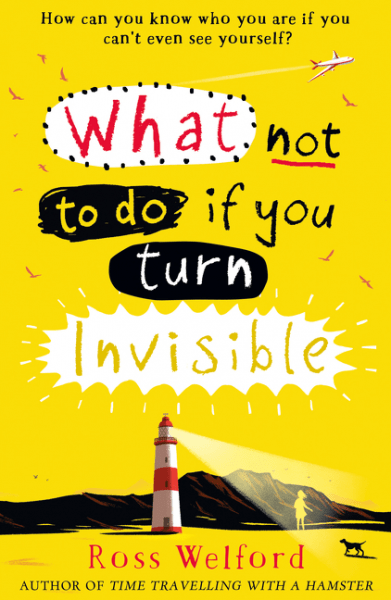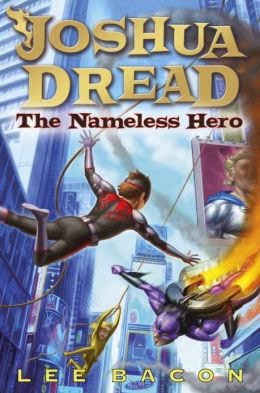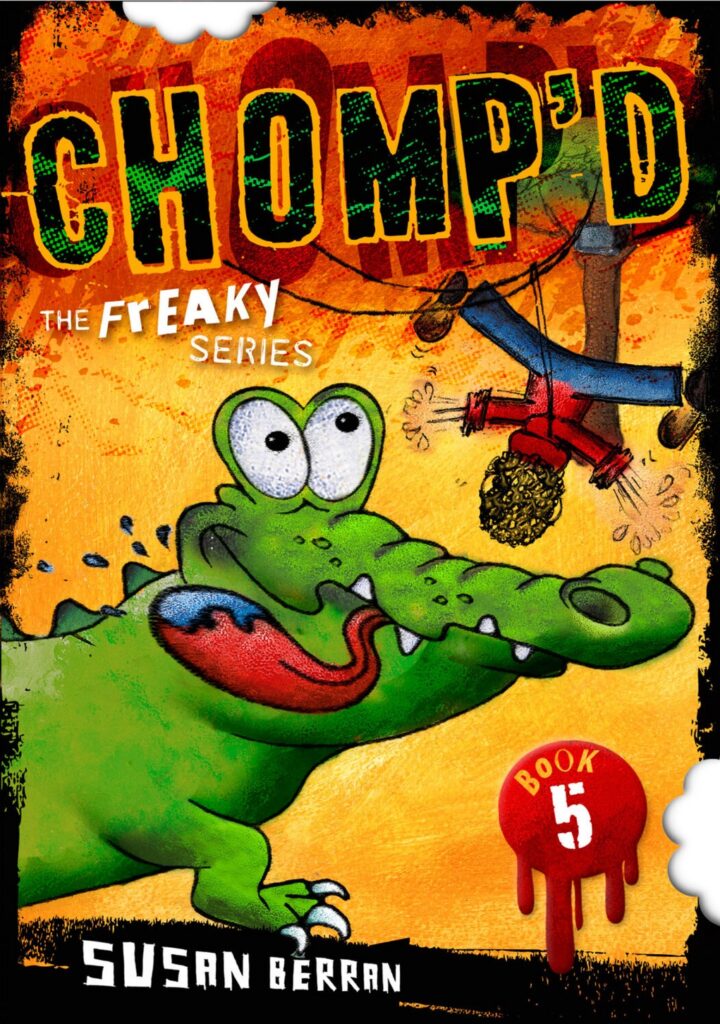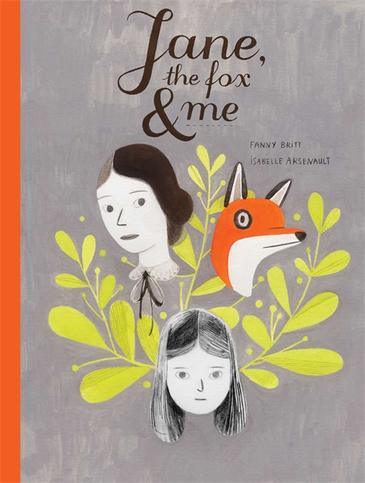Ross Welford, What Not To Do If You Turn Invisible, HarperCollins, 1 Feb 2017, 400pp., $14.99 (pbk), ISBN: 9780008156350
There are many things to love about this book – Ethel is a vivacious main character, with a mix of innocence and maturity beyond her years that make her instantly relatable. She lives in a broken family of sorts, as her mum has passed away and she doesn’t know where her father is. Her great-gran is in a nursing home and school is … what you’d expect school to be for a kid like Ethel: cliques, the cool kids and the not-so-cool kids, like Boydy, who becomes her friend. And of course, she has acne issues and it’s that and an online supplement that starts her story.
Welford has an enviable talent for humour of the 12-year-old variety, imbuing his characters with a mix of seriousness, in a way only 12 year olds can be as well. It’s laugh out loud funny, and that’s not something I’ve found myself saying too often in the books I’ve read.
So, what exactly is this book about? Ethel’s search for who she is. Welford uses an online acne drink to fuel the story, which Ethel uses to get clear skin, a common enough concern of most 12-year-old girls. But the outside is the least of her worries when she turns invisible and has to run around naked, which leads to many hilarious situations. The drink is also the catalyst for a somewhat cliched friendship argument that forces Ethel to acknowledge that Boydy is actually a great friend to her.
Unfortunately the plot is somewhat meandering, with the author taking great joy (it’s clear, because these sections are so funny) in writing some wonderfully humorous stuff. However, as funny as they are, when Ethel discovers her Gran is hiding things from her, but gets distracted by some school bullies trying to out her secret, which then evolves into a side plot about their criminal enterprises, Ethel and the search for who she really is just gets lost until the last third or so of the book. And the most important relationship here, that with her Gran who has raised her, is never explored because Gran is barely in the narrative enough. Worse still, the revelations about her parentage, about Ethel discovering who she really is, are given minor moments towards the end of 400 pages and yet, that’s what Ethel’s story is about.
Like I said, there is much to love about this book, but the side plots and to be honest, waffle, makes Ethel’s search for who she is an almost invisible part of this narrative.
Reviewed by Verushka Byrow






